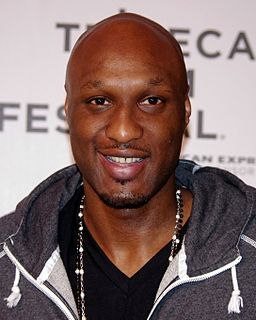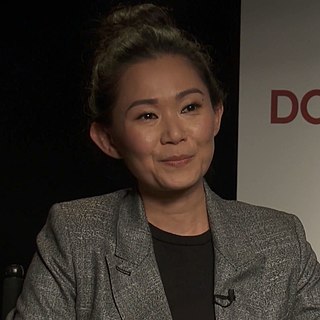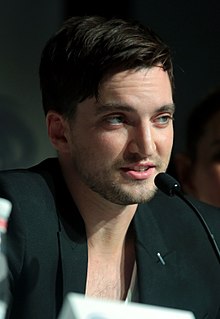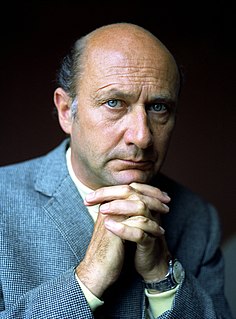A Quote by George Saunders
All storytelling is kind of that - there's a bit of text that you put pressure on that spits out some desire that a character has and then you follow that. The other part is that every scene raises an expectation in the reader's mind - that's part of its job is to make you look in and be curious.
Related Quotes
Well, you put a little piece of yourself into every character that you do. Even if you're playing some psychotic person, which of course I'm not, some part of you is in that character and it's hopefully believable. I always come back to the fact that my own instinct is better than something I build in my mind.
Human beings look separate because you see them walking about separately. But then we are so made that we can see only the present moment. If we could see the past, then of course it would look different. For there was a time when every man was part of his mother, and (earlier still) part of his father as well, and when they were part of his grandparents. If you could see humanity spread out in time, as God sees it, it would look like one single growing thing--rather like a very complicated tree. Every individual would appear connected with every other.
What I consider a good part for a woman and what some other Hollywood people think are good women's parts are very different. I don't' want to play the supportive girlfriend who has nine scenes and just loves that man, maybe cheats on him in one scene but will always be there, and I mean - give me a break. You'll be offered the "lead" in this new hot film with such-and-such A-list director, "a fabulous part" - a fabulous part? A fabulous part is a character with a soul, who starts here and goes to there, you know? There aren't many of those.
We must be forewarned that only rarely does a text easily lend itself to the reader's curiosity... the reading of a text is a transaction between the reader and the text, which mediates the encounter between the reader and writer. It is a composition between the reader and the writer in which the reader "rewrites" the text making a determined effort not to betray the author's spirit.
I actually dislike, more than many people, working through literary allusion. I just feel that there's something a bit snobbish or elitist about that. I don't like it as a reader, when I'm reading something. It's not just the elitism of it; it jolts me out of the mode in which I'm reading. I've immersed myself in the world and then when the light goes on I'm supposed to be making some kind of literary comparison to another text. I find I'm pulled out of my kind of fictional world, I'm asked to use my brain in a different kind of way. I don't like that.
I make a playlist for every character I portray. Music plays a huge part in helping me understand a character. Every time I get a new role, I will take a chunk of time to just sit and listen to a bunch of songs and select the ones that make sense in my mind for that character. I can't even explain how much it helps me.
I'll generally write out every scene that's in the film on a couple of pieces of paper, just with a little one-line. And then I can scan it a bit and go, 'This first third of the film, generally, I'm kind of calm.' Then I might do something on one piece of paper that just relates to the energy of the character.





































